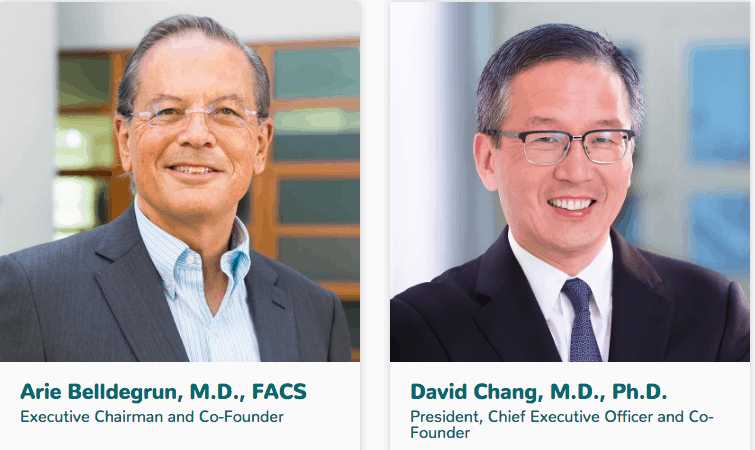A new neoantigen T-cell player has launched with Neogene Therapeutics nabbing a major $110 million series A.
The funding haul, a significant sum for a first round, was led by by EcoR1 Capital, Jeito Capital and Syncona with continued support from strategic seed investors Vida Ventures, TPG and Two River.
And with the big bucks come big names: The startup is co-founded by renowned T-cell engineering expert Ton Schumacher, Ph.D., the principal investigator at the Netherlands Cancer Institute and a member of the Oncode Institute, and CEO Carsten Linnemann, Ph.D., with investment from cell therapy industry veteran Arie Belldegrun, former Kite Pharma CEO and chair of fellow next-gen cell therapy biotech Allogene.
There’s some deep history here, too, as both Linnemann and Schumacher previously co-founded T-Cell Factory, a company snapped up by Kite Pharma in 2015 (before it’s eventual purchase by Gilead).
And for seed investors Vida Ventures, TPG and Two River, Neogene in fact marks the second major collaboration in the cell therapy space after the launch of Allogene Therapeutics back in 2018.
Neogene’s work, still preclinical, focuses on identifying specific T cell receptor (TCR) genes from routine tumor samples using state-of-the-art synthetic biology tools.
This includes DNA sequencing, DNA synthesis and genetic screening tools that seek out the neoantigen specific T-cell receptor genes within tumor biopsies with high sensitivity, specificity and at scale. The isolated TCR genes are subsequently engineered into T cells of cancer patients to provide large numbers of potent T cells for therapy.
“Neogene is committed to forging a path for new fully personalized engineered T cell therapies in solid cancer that are redirected towards neo-antigens found on cancer cells,” said Linnemann.
“While engineered T cell therapies have transformed the treatment paradigm for patients with hematologic malignancies, the industry has struggled to translate this success to the enormous unmet need in patients with advanced solid tumors.
“We believe that through a fully individualized approach using patient-specific TCRs to target neo-antigens, engineered T cell therapy can become broadly accessible to these patients. We are excited that our vision is shared by an outstanding syndicate of marquee investors, who have a deep understanding of and commitment towards the development of novel cell therapies in oncology.”

